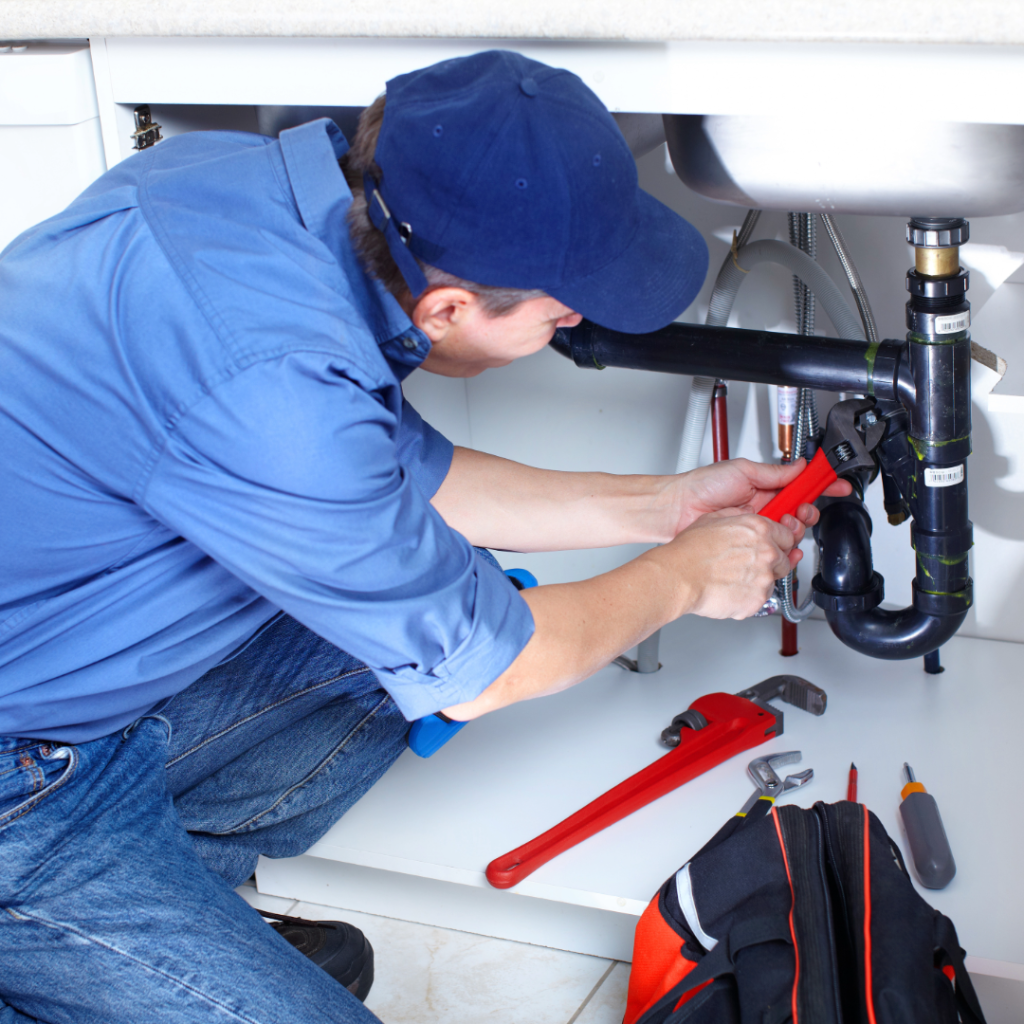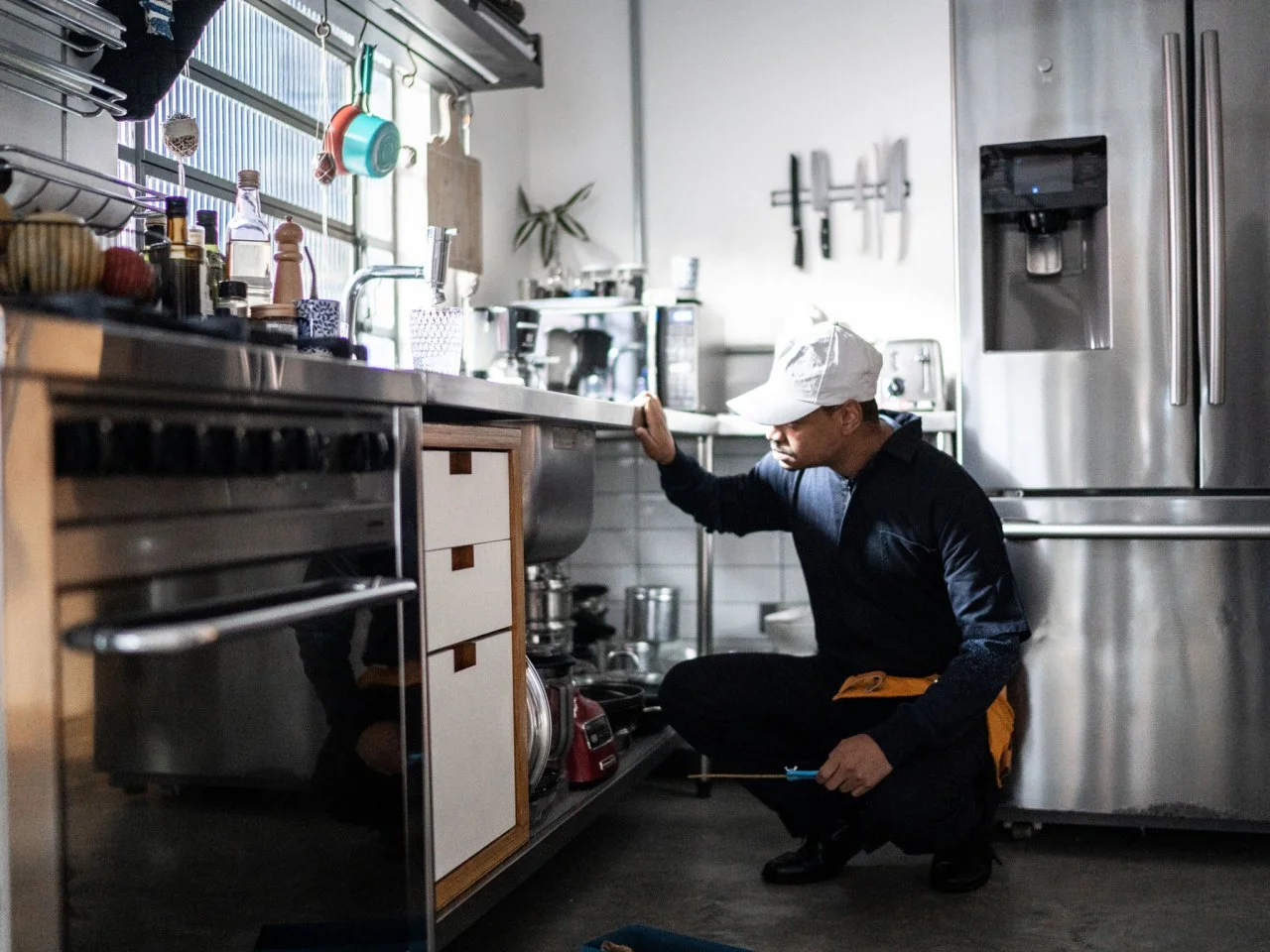All Categories
Featured
Table of Contents

[/image][=video]
[/video]
Nevertheless, before you rush to call a plumber or make some poor DIY choice, you may intend to have a look at these pipes keys that can save you time and cash. It is essential to know where you water turned off shutoff remains in your home, as this can save you from more serious damage when plumbing problems happen.
As soon as every little thing is transformed off, take a look at your water meter. A continued activity on your water meter when all water resources are turned off is a clear red flag that requires instant interest.
Slow-moving drains pipes are often a very early caution indication of a larger concern. It might show a clog in the production, an issue with your sewer line, or even tree origins infiltrating your pipes. Rather than waiting for the drain to become completely obstructed, do something about it as quickly as you see a slowdown.

If these don't work, it might be time to contact a professional. Disregarding the issue can bring about extra serious and expensive problems down the line. Understanding where your major water shutoff valve is can save you from potential water damage in instance of a major leakage or pipes catastrophe.
Should I Do My Own Plumbing?
Make sure every household grown-up knows where the shutoff valve is and how to utilize it. In the event of a significant leakage, rapidly transforming off your home's supply of water can decrease damage and give you satisfaction while you wait on a plumbing to arrive. It's a popular idea that chemical drain cleaners are the supreme service for blocked drains pipes a notion that couldn't be even more from the fact.
The chemicals can rust the inner lining of the pipes, resulting in weakened frameworks, leaks, and also pipe ruptureds. Furthermore, the ecological implications of these chemicals are substantial. They can seep into groundwater and pollute it, posturing risks to regional communities. The rate of these possible damages far outweighs the price of any short-term benefit these cleansers may provide.
These devices can properly clear clogs without creating any kind of damages to your pipes. If these methods don't function, don't wait to call a specialist.

Over-tightening can lead to lots of troubles, including stripped screws and damaged bolts, resulting in leaks or also water damage. This common mistake in do it yourself plumbing projects can turn a minor repair work right into a pricey endeavor. Rather, pursue a tight fit. The suitable ought to be limited adequate to avoid leaks however not so limited that it places unnecessary stress and anxiety on the equipment.
Should I Do My Own Plumbing?
Plumbing's tape, or Teflon or string seal tape, is a must-have tool for every property owner. It creates leak-proof seals at pipeline strings, stopping leakages at joints and links.

Prior to attaching any type of fittings, take a minute to cover a few layers of plumbing professional's tape around the strings in a clockwise instructions. Make certain the tape covers all the threads and is covered snugly. This easy yet critical step can conserve you from managing frustrating leaks down the line.
Bear in mind that for bigger concerns, professional aid is constantly suggested. To stop this from occurring, take into consideration installing pipe insulation.
Plus, throughout colder months, pipe insulation can aid prevent your pipelines from cold and breaking a situation that can bring about pricey repair services. When it pertains to sealing fixtures like faucets, many do it yourself enthusiasts naturally grab a plumber's putty. But there's an option that could offer you far better silicone caulk.
Should I Hire A Plumber?
This flexibility allows it to fit mild shifts or motions without damaging the seal, giving an extra sturdy and lasting service. Just remember to allow the caulk remedy totally according to the supplier's guidelines before exposing it to water to ensure the ideal results. "Doping" in plumbing refers to applying pipe dope, or pipe joint substance, to the threads of pipes connections prior to they're screwed with each other.
Latest Posts
Plumbing local to ,
Emergency Plumbing
Emergency Plumbing nearby